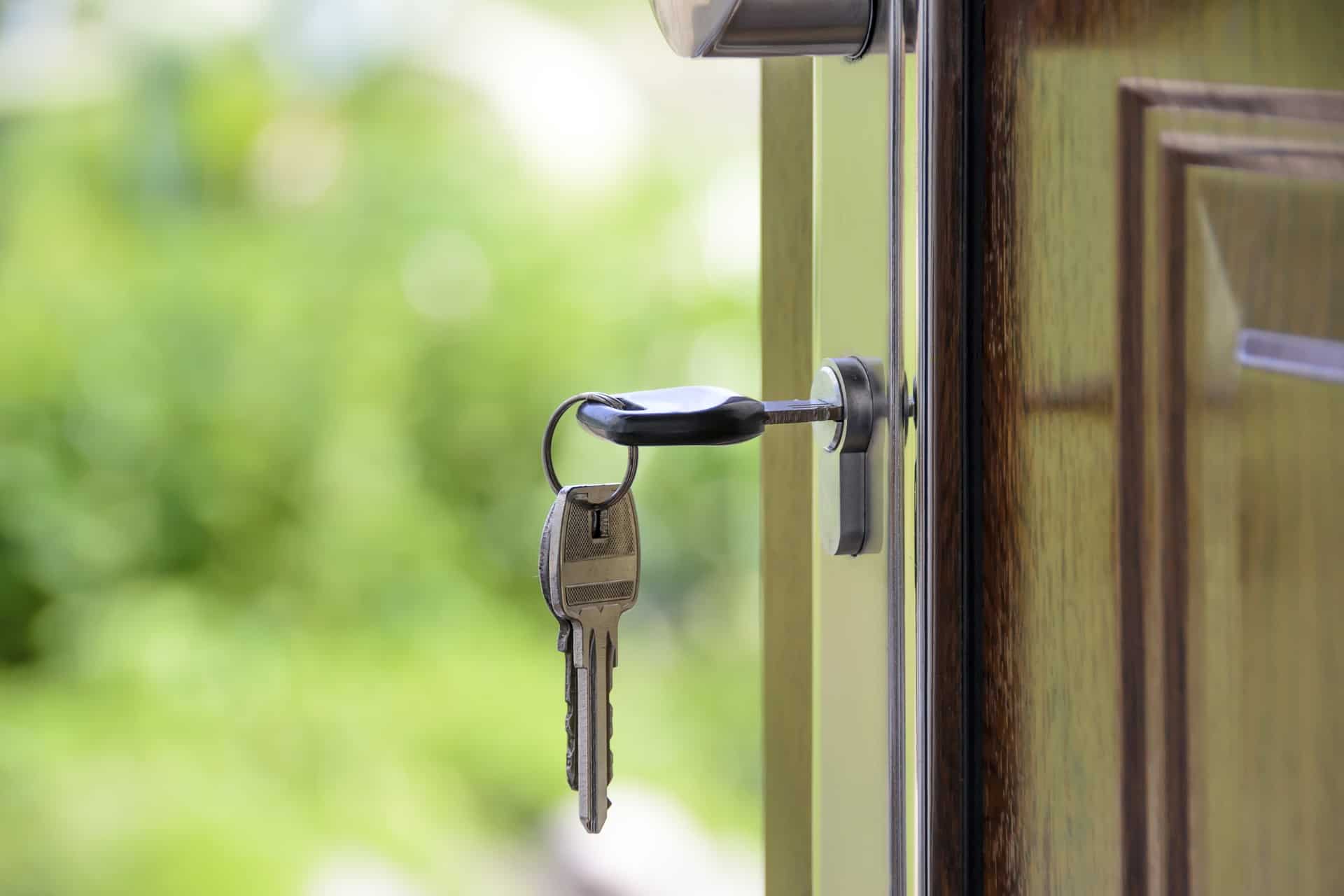So, you’ve been in Turkey for a while and decided that it might make sense to buy a home or maybe you have your eye on some vacation property. This guide is for anyone who is wondering if buying is the right choice for them and all the things that you need to think about before you do so, assuming that you are planning to stay in Turkey for the long-term and not buying property as an investment, but rather for your own use. The first part of this series focuses on three basic questions you should consider: Is buying a home in Turkey the right decision for me? And when and where should I buy?

Is buying the right decision for you?
One way to answer this question is to compare it with renting. Renting gives you more flexibility since you can move more or less as you like, but money that goes to rent isn’t saved. Buying a home can make moving much more difficult, but you are purchasing something of value that you can later sell. One way to compare would be to look at the difference in monthly cost. If the cost of owning is similar to renting, it might make more sense to buy and own something for yourself.
Several sites like Hurriyet Emlak and Sahibinden.com offer tools (Emlak Endeksi) that let us compare prices quite easily. According to Hurriyet Emlak, the average rent for a 100m2 apartment in Istanbul for September 2017 was about 2200 lira. There is no good data on the average accompanying monthly building fee (aidat), so let’s round that up to 2300. The average price to purchase an apartment of the same size was 480,000 lira. Ignoring other considerations, buying the house would save over 18 years’ worth of rental payments. However, since most of us probably don’t have that much spare cash lying around, it would make more sense to compare with mortgage payments.
As we know from Part 1 of this series, the most we can borrow on a mortgage is 80%, which gives us 384,000. A quick peek at HangiKredi.com, a useful site for comparing bank mortgage offers, tells that for 22/10/2017 the monthly payments for a 10-year mortgage would be almost 6000 lira (5000 for 20-year). Wow! So, ignoring other considerations for the moment, we can say that buying a home in Istanbul is probably more than twice as expensive as renting. This basic dynamic also holds true for Ankara and Izmir.
So for those of us who would need a mortgage, the real question becomes: is doubling your monthly payments (for the same class of home) worth the security of owning something for yourself in the future? If not, would you be comfortable in a lesser (e.g. smaller) home with more similar payments? Or perhaps you have the option of moving to a less expensive city or neighbourhood?

When should you buy?
Deciding when to buy property obviously depends a lot on your personal financial situation (if you aren’t in a position to buy a home outright, you’ll be interested in Part 4 of this series: Getting a mortgage), as well as your long-term plans (i.e. have you decided to stay here for more than a few years?). However, you should also consider the state of housing market at the time you decide to buy. Just like other goods (think about things you buy at the supermarket), housing prices go through a cycle over time; sometimes higher than other prices, and sometimes lower (see more here).
If you are planning to buy for the long-term, then buying when property is expensive may not affect you much, but if there is a possibility that you will need to sell your property 2, 5 or 10 years in the future, you may find that it is worth less than what you purchased it for at the time, because the market has moved into a selling phase.
On the other hand, property prices have risen along with everything else in Turkey since 2010 (more so in the big cities), the earliest date for which reliable data is available (see here). Since property cycles can last up to 18 years, you may end up waiting quite a while before prices come down, and then the amount you spend while waiting (on rent, etc.) may be more than you eventually save on the lower property price.
The last thing to consider here are interest rates. These are what determine your monthly mortgage payments, and follow the rate set by the federal government. When the economy is strong and growing, rates tend to get higher, making mortgages more expensive. Conversely, when the economy is weak or declining rates will usually go down, to encourage more people to buy homes.

Where should you buy?
Most of us probably want to live close to school, work, or in one of the well-known trendy parts of town, but it’s worth looking at all the options before making a final decision. Since this series is focused on the financial aspects of buying a home, let’s look at it from that perspective. Aside from size and age, location is one of the largest determinants of the cost of a home.
In a city like Istanbul, where traffic is always a concern, the cost of property rises the closer you get to major transit hubs (e.g. usually metro stations). If you own a car, or use other forms of transportation (service bus, boat, etc), you might want to look at homes away from these hubs, so you don’t end up paying for something you won’t use very often. This is true for most cities, but the effect in Istanbul is exaggerated and prices can rise as soon as a new metro line is announced, long before it’s even built. Wikipedia has a useful map of public transportation in the city, which includes upcoming unfinished projects.
Neighbourhood also matters, of course. Some are pricier than others, due to the type of homes, the people that live there, the proximity to various facilities and parts of the city, as well as several other factors. Popularity of various neighbourhoods can change drastically over time, however, so it’s worth checking from time to time. In order to compare neighbourhoods easily, take a look at the Emlak Endeksi like the ones provided by Hurriyet Emlak and Sahibinden.com (both are Turkish-only, for the moment). These allow you to see the relative prices between neighbourhoods, as well as the change in price over time.
Coming up
If you are planning to buy a house in Istanbul but need more advice on the neighbourhoods, make sure to keep an eye out for the second part of this series: Finding the Right Place.











[…] https://yabangee.com/buying-home-turkey-part-1/ […]